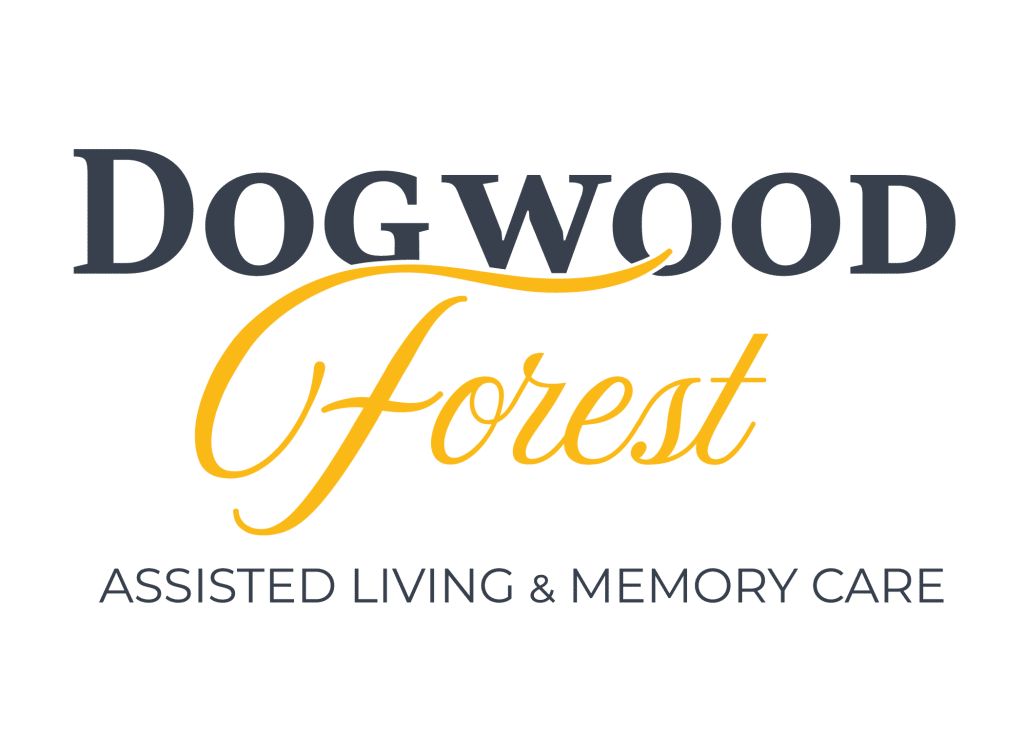Many adult children worry about their aging parent’s health, but may not know what to do or when to address their concerns about senior living. 11 signs it might be time for assisted living can include:
- Declining physical health
- Memory loss
- Neglecting personal hygiene
- Poor nutrition
- Social isolation
- Home safety concerns
- Difficulty managing finances
- Increased caregiver stress
- Wandering or getting lost
- Medication mismanagement
- Frequent hospital visits
Navigating the decision to transition a loved one to assisted living can be challenging for adult children. However, it’s crucial to balance the emotional and practical aspects of your loved one’s quality of life while also ensuring their well-being. Assisted living often does just this.
What Is Assisted Living?
Assisted living is a type of long-term care that supports and assists individuals who require help with daily tasks such as bathing, dressing, and medication management. Assisted living offers a balance between independence and necessary care for older adults who may no longer be able to live alone but don’t need the level of care provided in a nursing home.
Assisted living communities also offer social opportunities and personalized care plans tailored to individual resident needs. Overall, these communities aim to improve the quality of life for individuals by focusing on independence, safety, and well-being.
11 Signs It Might Be Time for Assisted Living
Recognizing when it’s time for assisted living is crucial for the safety and well-being of your loved one. Here are 11 signs to look out for.
1. Declining Physical Health
When a loved one’s physical health deteriorates, it often becomes more difficult for them to manage daily tasks. Look for signs such as:
- Frequent falls
- Difficulty walking
- Noticeable weight loss
- Chronic health conditions that worsen over time
2. Memory Loss
Memory issues go beyond simple forgetfulness. Signs of memory loss include your loved one:
- Frequently forgets to take their medication
- Misses appointments
- Struggles to recall important information
Memory loss can compromise their safety, especially if they’re living alone.
3. Neglecting Personal Hygiene
A decline in personal hygiene is a significant indicator that assistance is needed. Signs include:
- Wearing dirty clothes
- Neglecting to bathe
- Lack of personal grooming
4. Poor Nutrition
If your loved one is losing weight, eating expired food, or skipping meals altogether, this could be a sign that they’re struggling to prepare nutritious meals. This is particularly concerning if your loved one has dietary restrictions or conditions that require specific nutritional needs.
5. Social Isolation
Social connections are vital for mental health and social isolation, and can lead to depression and other mental health issues. Signs of social isolation can include:
- Becoming increasingly isolated
- Withdrawing from friends and family
- No longer participating in favorite activities
6. Home Safety Concerns
An unsafe living environment is a clear warning sign. Look for hazards like cluttered walkways, poor lighting, or an inability to maintain cleanliness. Additionally, if your loved one forgets to turn off the stove or lock the doors, their safety is at risk.
7. Difficulty Managing Finances
Managing finances can become overwhelming for older adults, especially those experiencing cognitive decline. Signs include:
- Unpaid bills
- Frequent calls from creditors
- Difficulty balancing their checkbook
8. Increased Caregiver Stress
Caring for a loved one can be physically and emotionally demanding. Signs of caregiver stress or burnout can include feeling overwhelmed, exhausted, or unable to meet a loved one’s needs.
9. Wandering or Getting Lost
Loved ones with dementia or Alzheimer’s disease may wander or become lost, even in familiar places. This can pose significant safety risks. If your loved one has experienced these symptoms, it’s vital to consider an environment where they can receive constant supervision and care.
10. Medication Mismanagement
Proper medication management is critical for health and wellness. If your loved one struggles to remember dosages, takes the wrong medication, or experiences adverse effects due to incorrect use, assisted living can provide the necessary oversight.
11. Frequent Hospital Visits
Increased hospital visits or medical emergencies may indicate that your loved one requires more constant care. Assisted living communities have medical staff available to monitor and respond to health issues promptly, reducing the need for frequent hospital trips.
The Decision Process

Deciding on moving a loved one to assisted living involves careful consideration:
- Include your loved one in the conversation about assisted living and listen to their concerns and preferences.
- Discuss the situation with other family members to gain different perspectives before making an informed decision.
- Engage healthcare providers or geriatric care managers for a comprehensive evaluation and professional advice on appropriate care options.
Quality of Life & Independence for Seniors
Assisted living can provide safety to your loved one and improve their health and quality of life. Recognizing the signs that a loved one can benefit from an assisted living community and knowing how to approach the decision can make the transition smoother.
If you’re considering assisted living for a loved one and need further guidance, contact Dogwood Forest of Grayson to assist you in making the right choice for their care and comfort.
